Survival Tips: How to Keep Your Edge and Your Sanity During Change
Many of my coaching clients are struggling with change these days. They’re challenged not only to spur new ideas or directions in their organizations, but also to simply survive the onslaught of new pressures and opportunities that keep coming their way while they're doing so. I think of the first of these challenges as the “Change You Do” and the second as the “Change That’s Done to You.” Managing one is hard enough, but juggling both at the same time can be downright daunting. I’ve written plenty about the former, but let me take a minute to offer some tips and tactics about the latter. If you’re working hard to survive the kind of changes that come with global pandemics, “grand resignations”, re-organizations, tech advances, economic pressures, market pivots, and more, here are some practical tips for you:
Keep your eye on the Why not the what. People are creatures of conviction; That means we run on a sense of purpose, and when the purpose seems puny or petty we don’t run very well for very long. But when the “why” is strong, we are too. Unfortunately, in busy or changing times it's especially easy for the Why to get marginalized or drowned out by the noisier items on our To Do lists. We get so focussed on the doing and details that What and How quickly eclipse the Why in our thoughts and conversations. This is a dangerous and ultimately debilitating situation if its the purpose behind the work that strengthens or sustains us. When you illuminating and elevate a compelling Why behind the what, you transforms busywork into worthywork and fuel yourself and your people for the challenges of change. Find a Why that''s worth your What.
Get Selfish. Figuring out and focusing on how change can benefit or develop you personally, can transform your experience pursuing it. It can recast chores as opportunities, and reenergize you. Here’s a case in point: last Saturday morning I had chores to complete before I could have some fun. I bought chicken feed and slogged my way through the drudgery of loading them in and out of the truck, into the henhouse, etc. I hefted and hauled the 50-pound bags of feed from here to there over and over again, and it was exhausting. I hated it and thought it would never end, but eventually it did. I finished and was excited to get on with the fun part of my day– a trip to the gym. I dove into my workout and enthusiastically blasted through my workout and it felt great. I was feeling especially energized and in the middle of a particularly invigorating superset when I was struck by the irony of my situation. I was still moving weights from here to there, over and over again, but this time I felt strong and fired-up instead of worn out and worn down. It was a completely different experience and the only difference between my morning’s "chore" and my afternoon’s "fun" was the purpose behind it. The morning’s exertions were for the chickens, but the afternoon’s were for me. If you can Identify a “selfish”, more personal purpose for your work it can transform the task and your energy for it. It can turn drudgery and labor into opportunity and challenge. Ask yourself What's in this for you?
Dig in. Then coast. Repeat. It’s not actually the intensity of stress that’s most debilitating to you and your people; it’s the linearity. Think of it in a physical context like lifting weights– if I asked you to hold a five pound weight at arm’s length for one minute, most of you would find it impossible. But if I asked you to curl a twenty pound weight 10 times in one minute (with 3 or 4 seconds rest between each lift) you’d find it no problem at all. Mental and emotional stress (and exertion) is similar. We can handle surprisingly high stresses and make extraordinary exertions as long as we have time for recovery in between but when the stress is unrelenting, even small things can overwhelm and wreck us. The key to your ultimate impact and stamina is to create oscillation for yourself in the midst of change: exertion, recovery... exertion, recovery... exertion, recovery. In the macro, that means taking a day off, a long weekend, or a vacation now and then. In the micro it means meeting management, a coffee break, or a long lunch. Audit your current "lift" and ask yourself when’s your next break?
Each of these tactics reframes the experience of change by refocusing your perspective on it. Next month: some practices to sustain you and your people in the midst of it...
